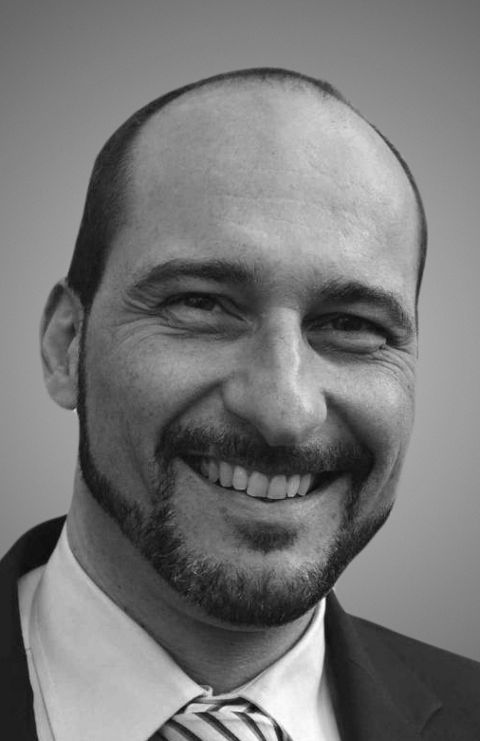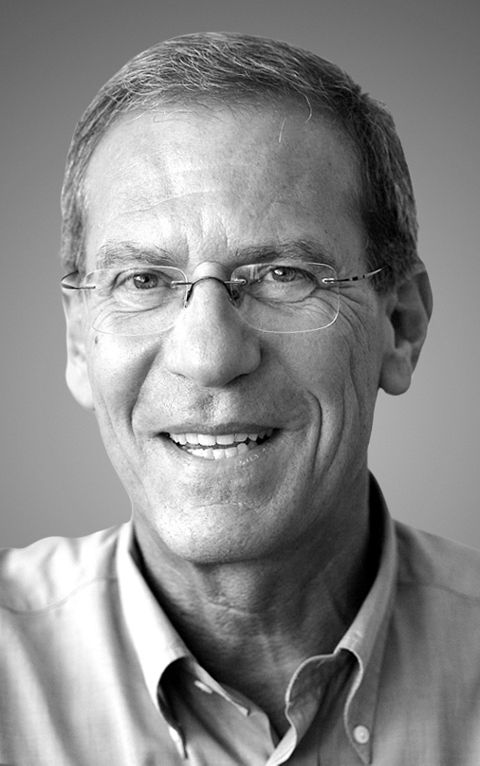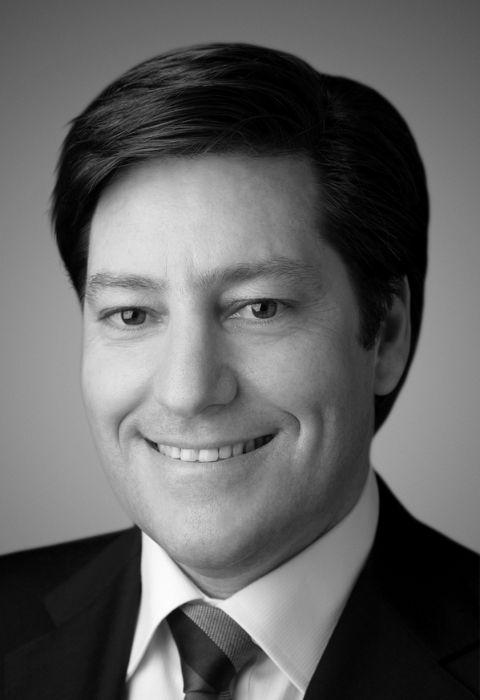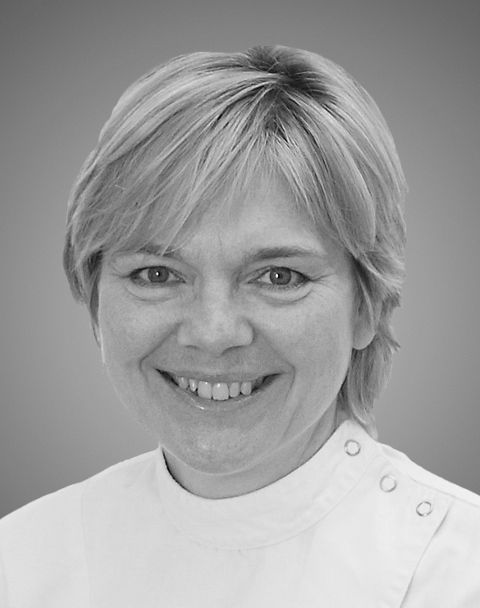Live from the ITI World Symposium 2017
May 4-6 in Basel, Switzerland
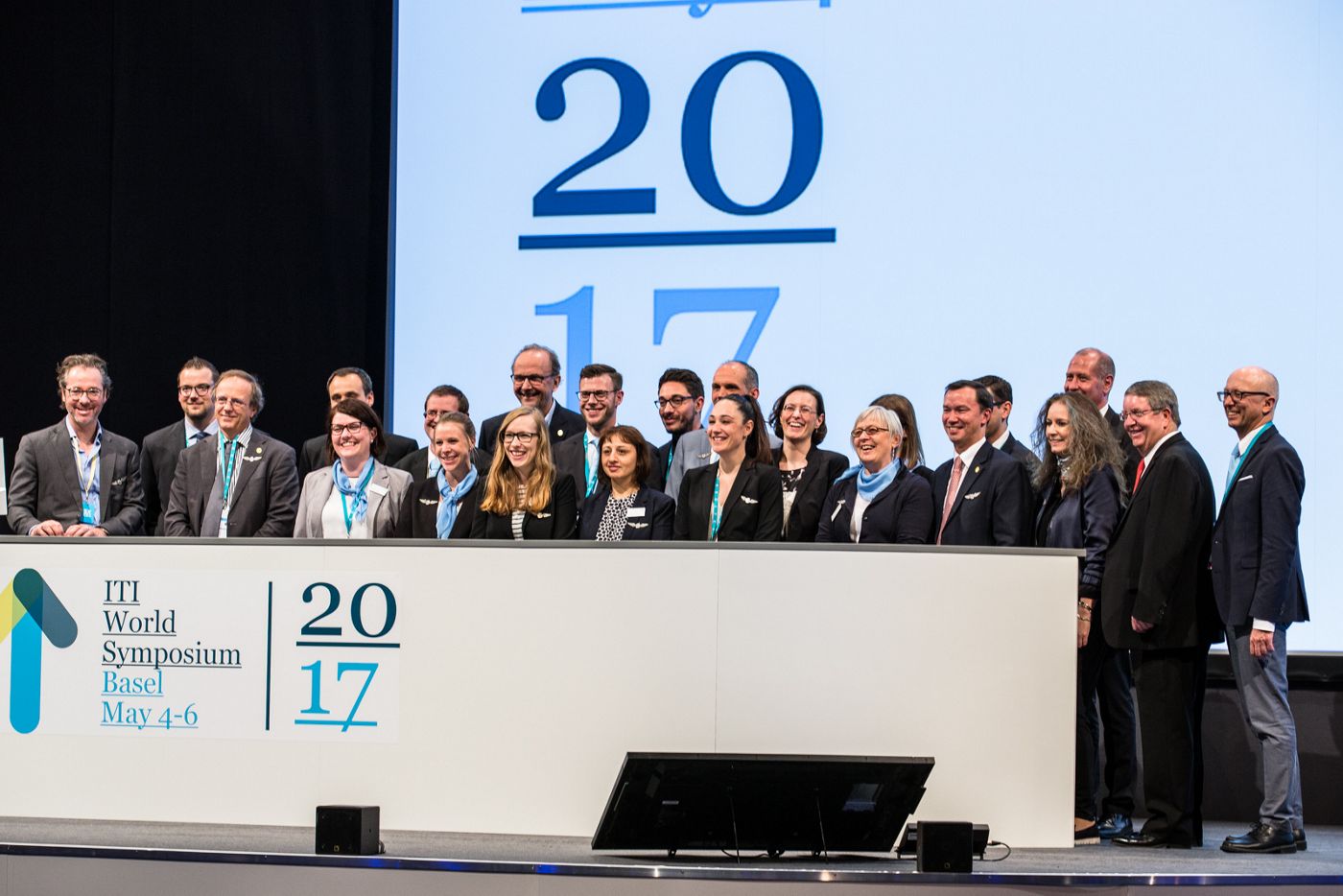
A total of more than 4,800 dental professionals from 90 countries attended the ITI’s flagship event, making it the biggest international implant dentistry congress ever. We have conducted a few interviews with renowned key opinion leader and asked them about trends in digital dentistry, reducing invasiveness, treatment of edentulous patients, and the future of dentistry.
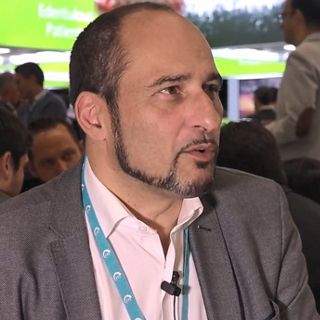

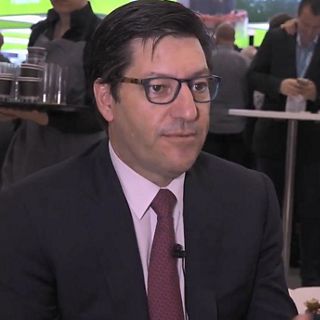

Note: Interviews are in alphabetical order (name of the interviewee)
Bilal Al-Nawas on Reducing Invasiveness
For the patient, the question “How much do I suffer?” remains crucial when it comes to dental implant therapy. Expectations have evolved while surgical techniques and the “hardware” have become more and more refined and sophisticated. Bilal Al-Nawas welcomes the trend towards smaller implants and observes the increasing importance of biomaterials.
Urs Belser on the future of implant dentistry
Basel is a hotspot for art and architecture, and dentistry is a kind of art. Switzerland plays an important role in implant dentistry which is constantly evolving towards digitization and has to deal with increasing patient expectations. Urs Belser’s hope for the future of our field is that prevention and biological thinking become center stage, with “high-tech” restorative approaches coming into effect at the end of the chain.
German Gallucci on digital dentistry
German Gallucci states that digital dentistry is here to stay and that this technology can and should be used by every dental practicioner. It doesn’t change biologics but it changes the way things are done and shared in the team, providing more information and thus more possibilities of intervention, more safety and more patient involvement.
Charlotte Stilwell on edentulous patient treatment
Nowadays, people are older when the need for dental restoration becomes acute, compared to past decades. Charlotte Stilwell emphasizes that good oral function is a human right and dentists have to obtain and develop the skills necessary to maintain and restore this essential quality of life in the most appropriate way.
